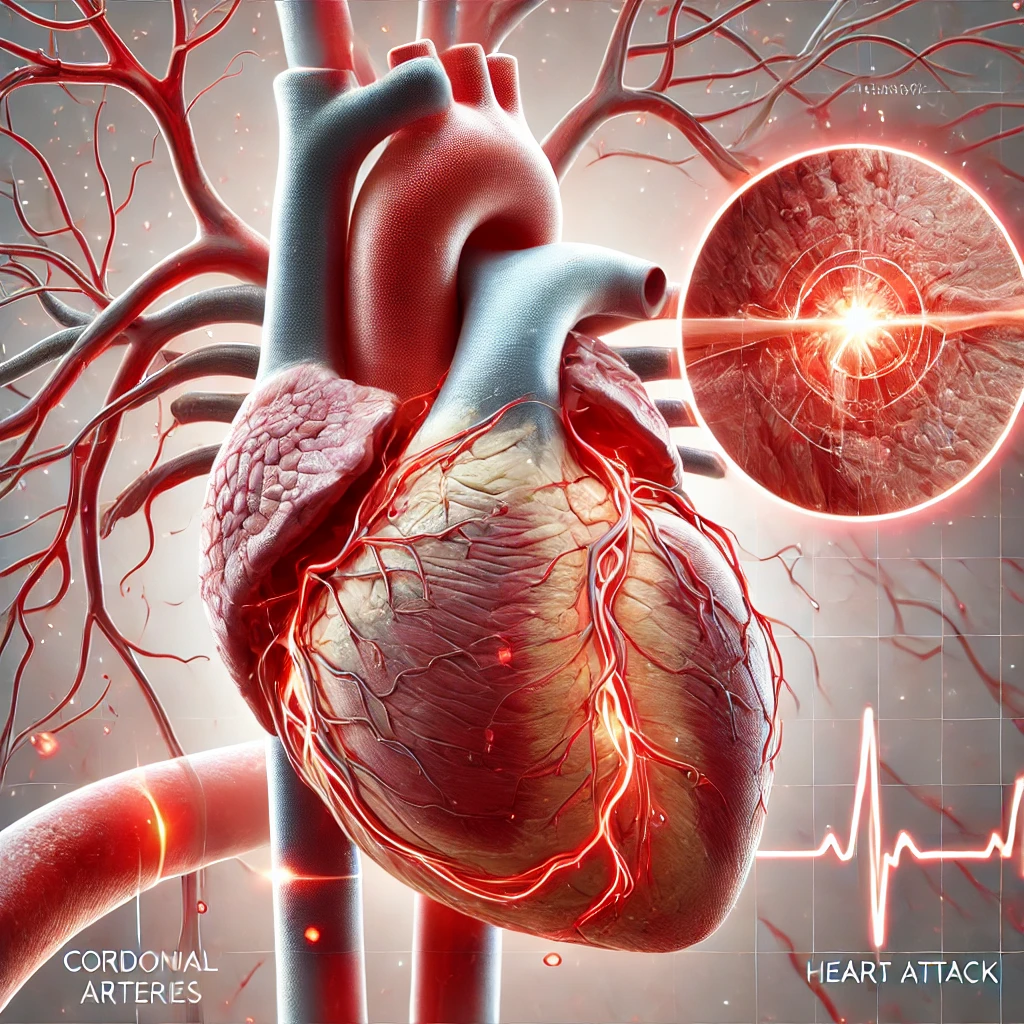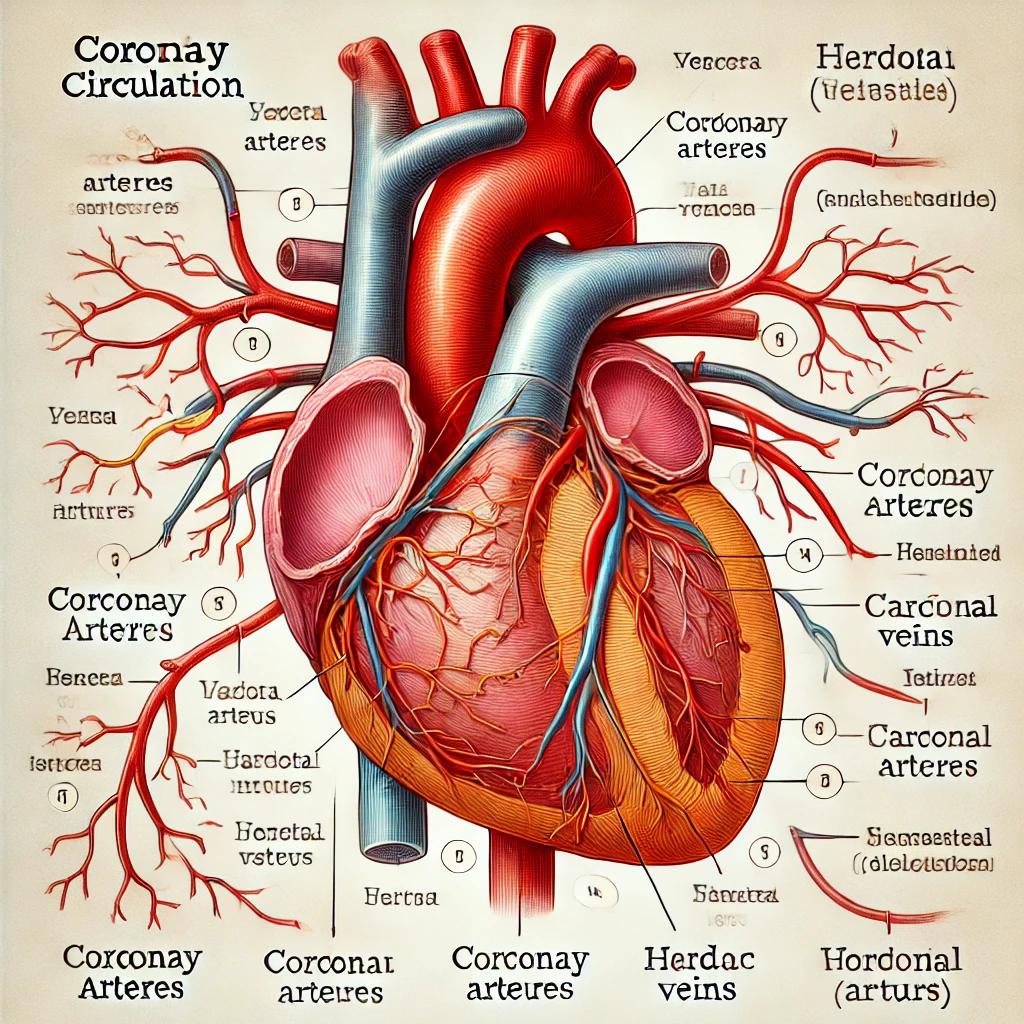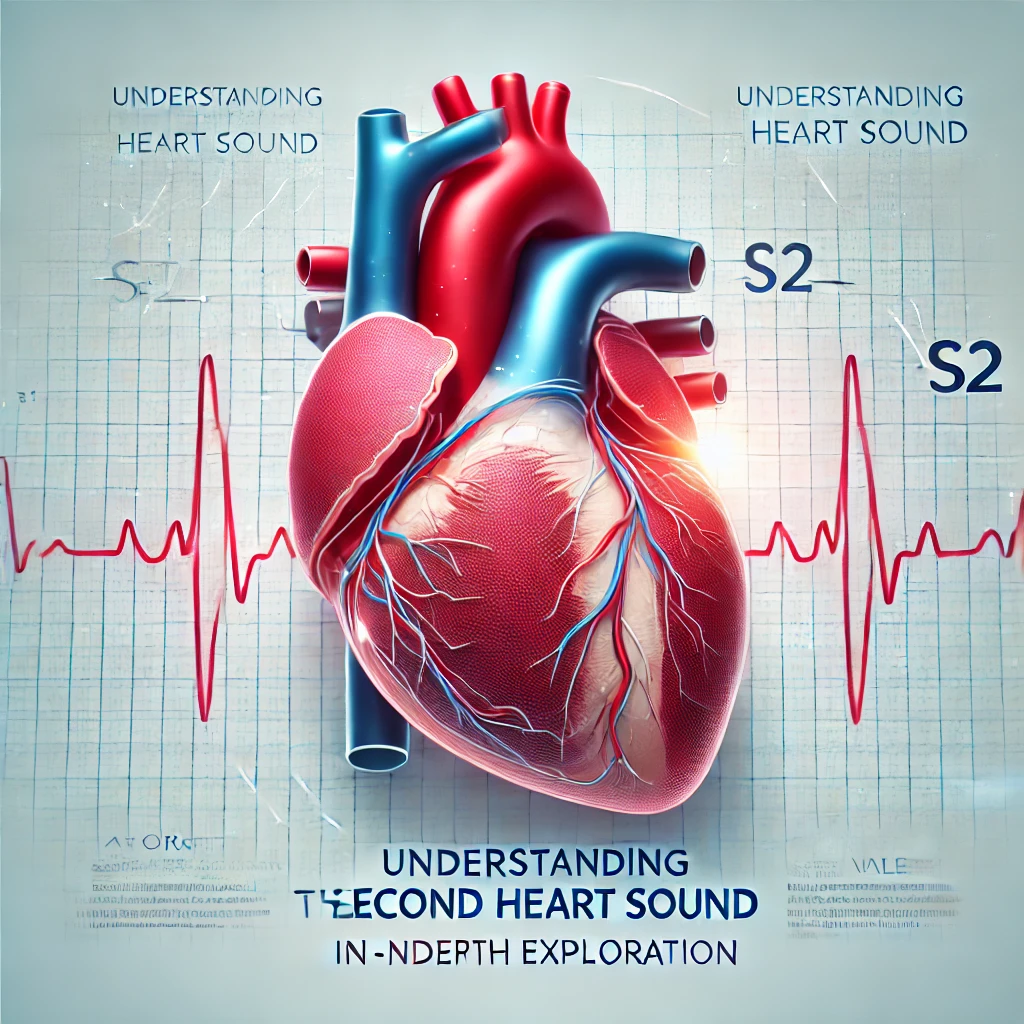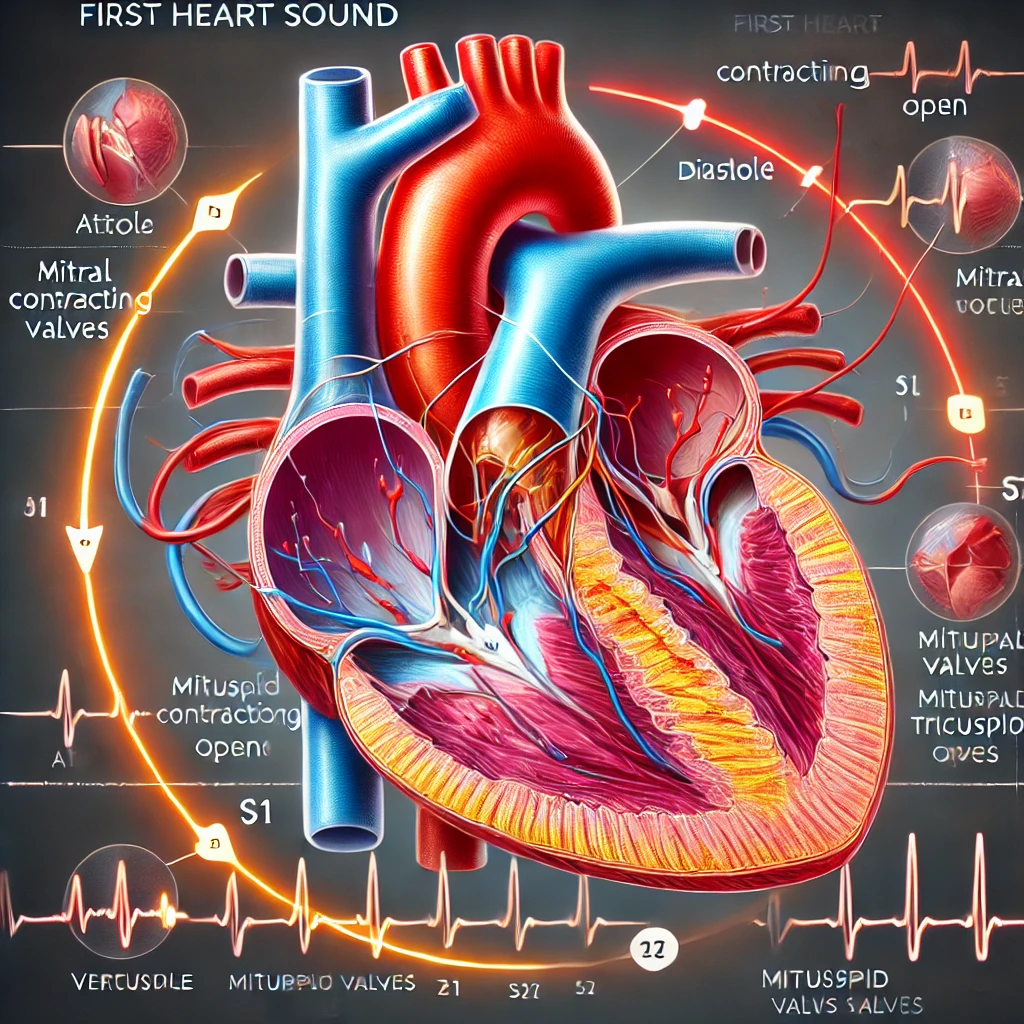Introduction
Chronic kidney disease (CKD) is a progressive condition characterized by the gradual loss of kidney function over time. As the disease progresses, it can lead to various complications, including anemia. Blood transfusion is often necessary to treat anemia in CKD patients. However, the procedure comes with its own set of risks and considerations. This article will discuss the indications, risks, and potential benefits of blood transfusion in patients with CKD. Furthermore, we will also explore alternative treatments for anemia in these patients. At the end of this article, a comprehensive list of references will be provided for further reading.
Indications for Blood Transfusion in CKD Patients
Anemia is a common complication of CKD, occurring in up to 50% of patients. The primary cause of anemia in CKD is a deficiency in erythropoietin, a hormone produced by the kidneys that stimulates red blood cell production. A blood transfusion may be indicated in CKD patients with severe anemia, particularly if they are experiencing symptoms such as fatigue, shortness of breath, or chest pain. Transfusion may also be necessary in patients undergoing surgery or those with acute blood loss.
Risks Associated with Blood Transfusion in CKD Patients
Blood transfusion carries some risks for all patients, but CKD patients may face additional challenges. The potential risks include:
- Infection: The risk of transmitting infections such as HIV, hepatitis B and C, and cytomegalovirus through blood transfusion is low but still present.
- Transfusion reactions can range from mild allergic reactions to life-threatening conditions such as acute hemolytic transfusion reactions, transfusion-related acute lung injury, and transfusion-associated circulatory overload.
- Iron overload: Repeated blood transfusions can lead to iron overload, which may exacerbate CKD and lead to other complications, including liver disease and heart problems.
- Alloimmunization: CKD patients may develop antibodies against transfused blood components, potentially complicating future transfusions or kidney transplantation.
Potential Benefits of Blood Transfusion in CKD Patients
Blood transfusion can provide immediate relief for CKD patients suffering from severe anemia, alleviating symptoms and improving their quality of life. By increasing the oxygen-carrying capacity of the blood, transfusion may also help to prevent complications related to anemia, such as heart failure.
Alternative Treatments for Anemia in CKD Patients
Blood transfusion is not the only option for treating anemia in CKD patients. Alternative treatments may include:
- Erythropoiesis-stimulating agents (ESAs): These medications mimic the effects of erythropoietin, stimulating red blood cell production.
- Iron supplementation: Oral or intravenous iron supplementation may be necessary for CKD patients with iron deficiency anemia.
- Vitamin supplementation: Ensuring adequate vitamin B12 and folic acid intake can also help prevent anemia.
Conclusion
Blood transfusion can be a life-saving intervention for CKD patients with severe anemia. However, it is essential to carefully weigh transfusion’s potential benefits and risks in each case. Alternative treatments may be appropriate for some patients, such as erythropoiesis-stimulating agents, iron supplementation, and vitamin supplementation. Healthcare providers should work closely with their patients to develop a personalized treatment plan that addresses the unique challenges of managing anemia in the context of CKD.
For more about the author and his contributions to the medical field, particularly nephrology, Read more
References
- Kidney.org – An authority website on kidney diseases and treatments.
- American Society of Nephrology – A leading professional society dedicated to the study of kidney disease.
- Mayo Clinic – A trusted resource for medical knowledge and research.
- National Institute of Diabetes and Digestive and Kidney Diseases (NIDDK) – The U.S. Government’s lead agency on kidney research.
- World Health Organization (WHO) – An authoritative source of global health information.




